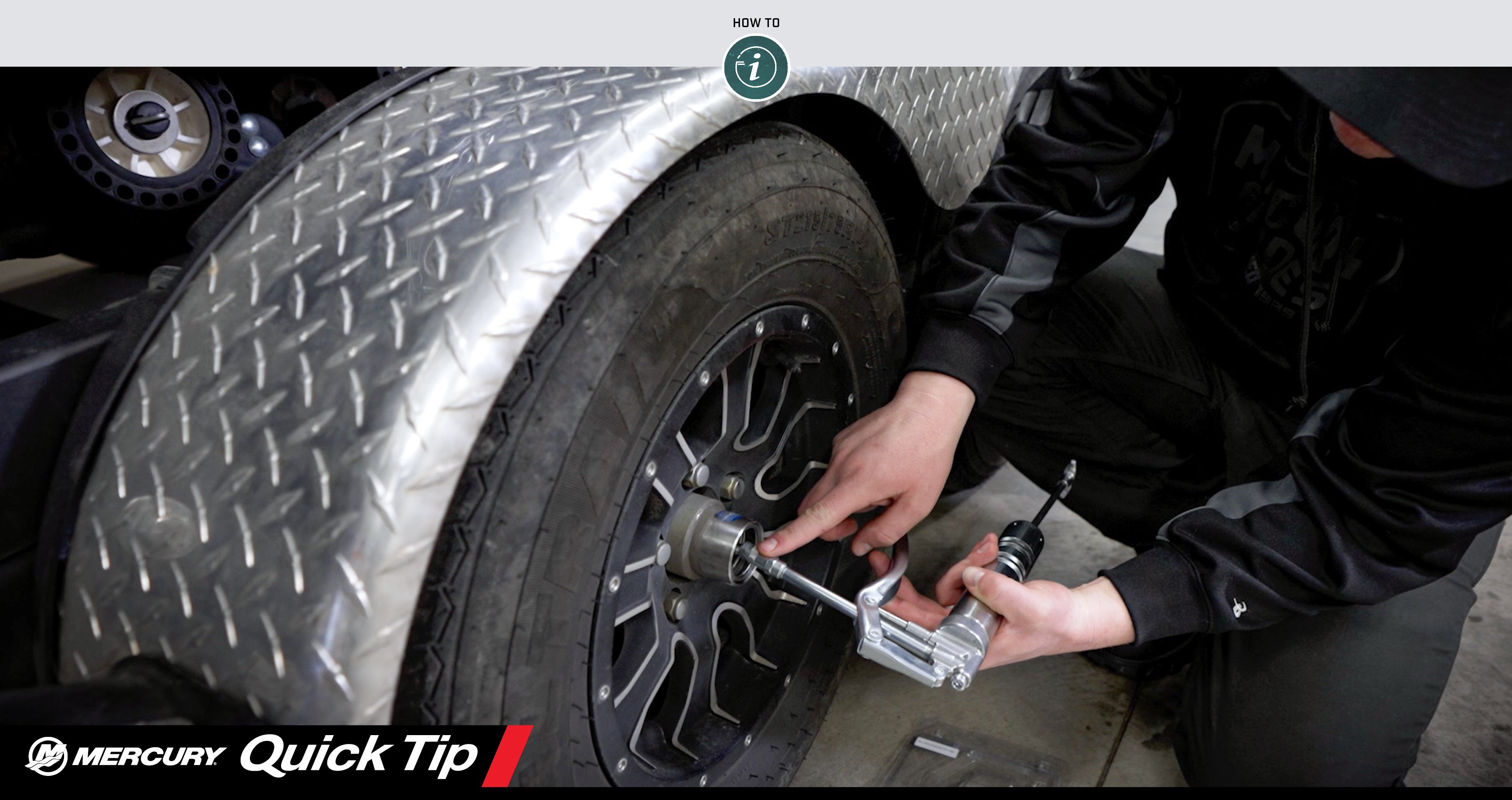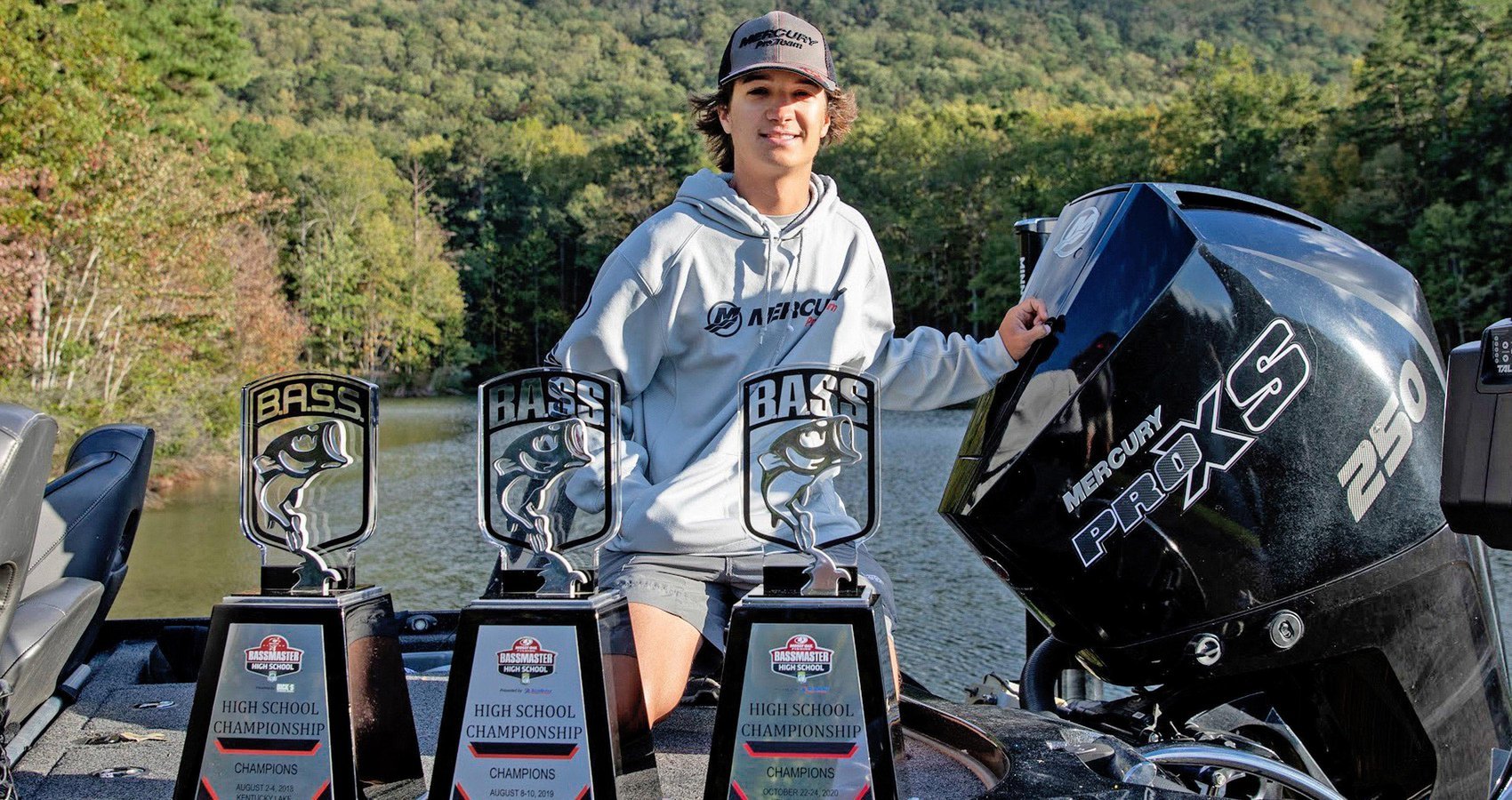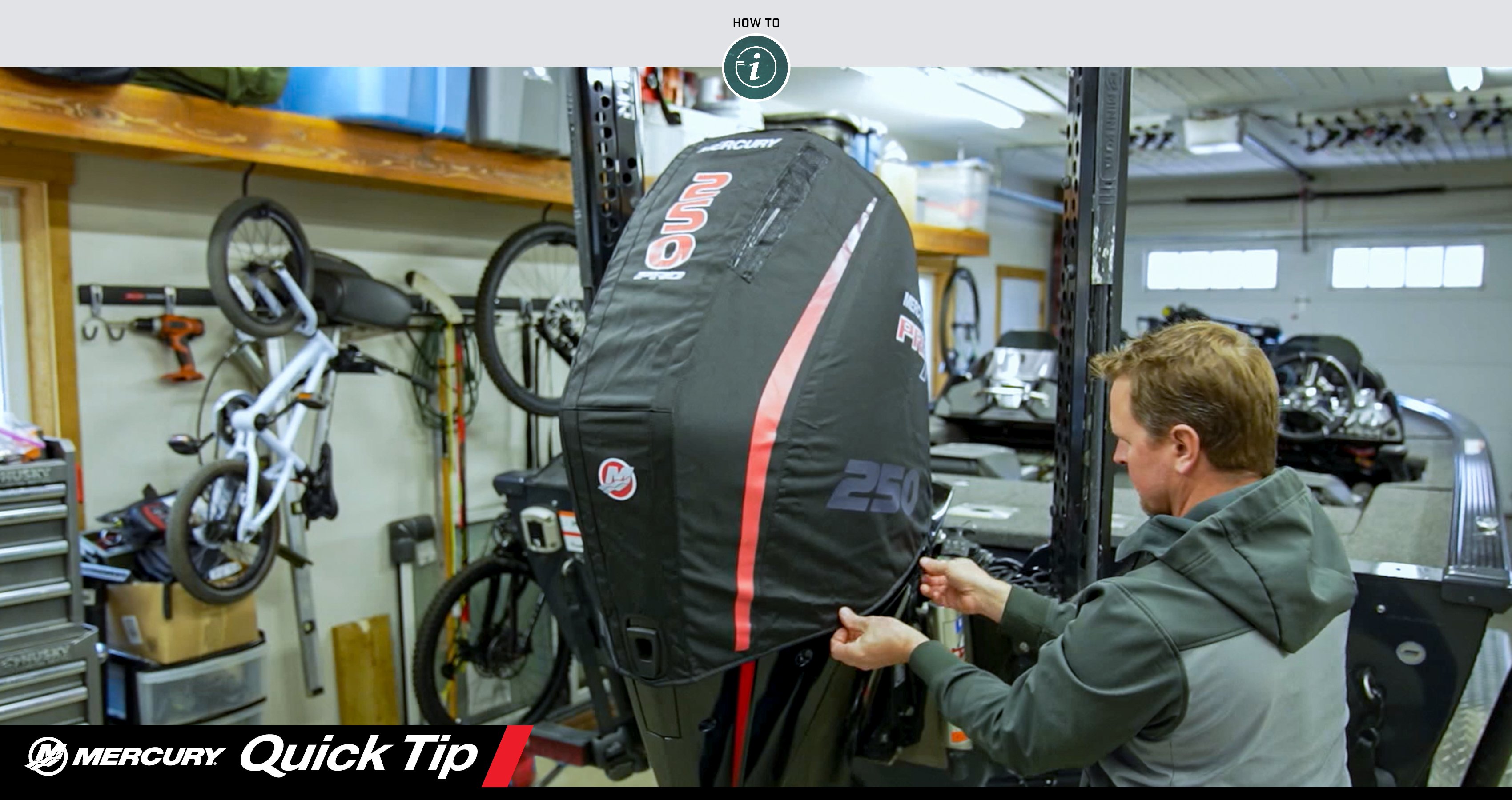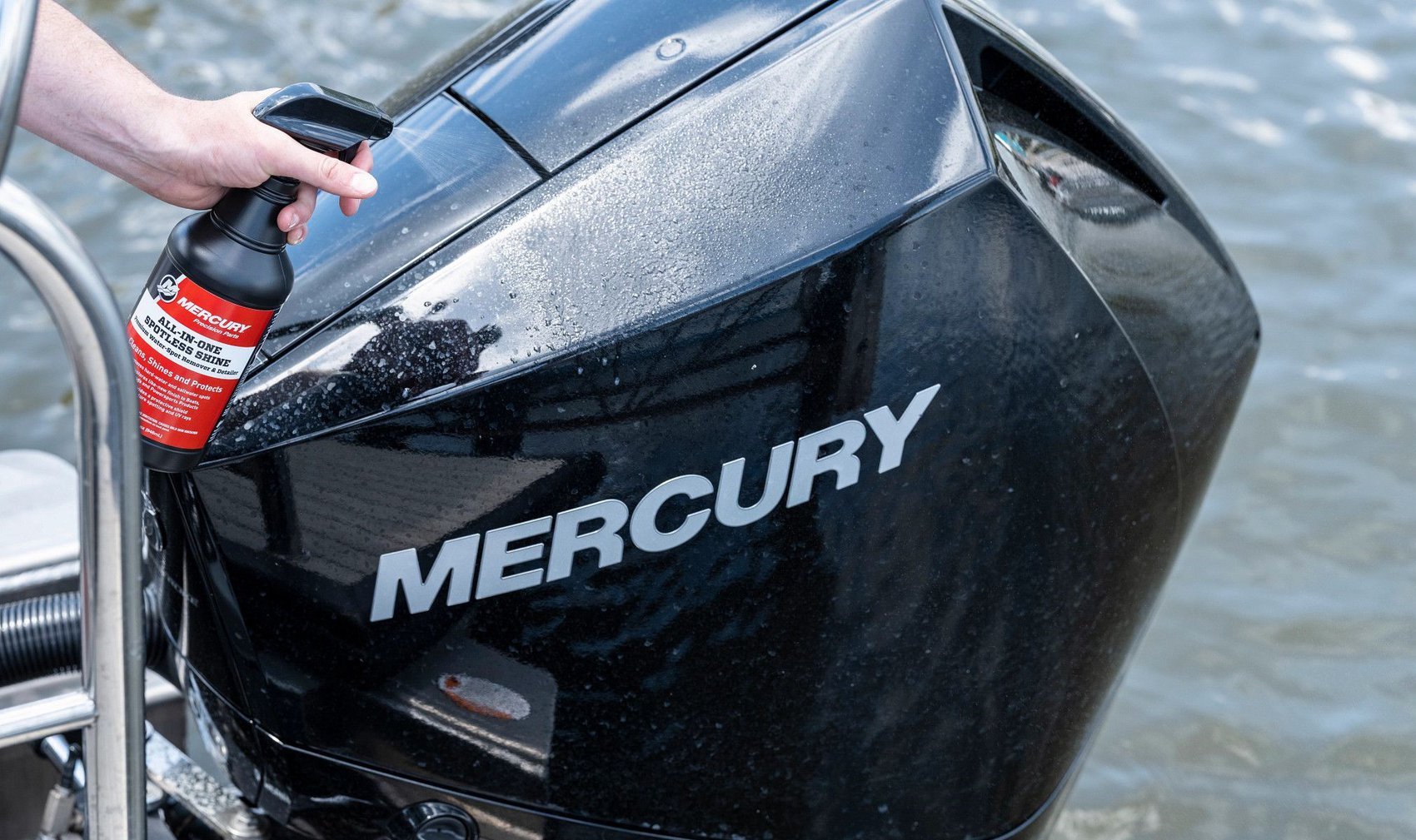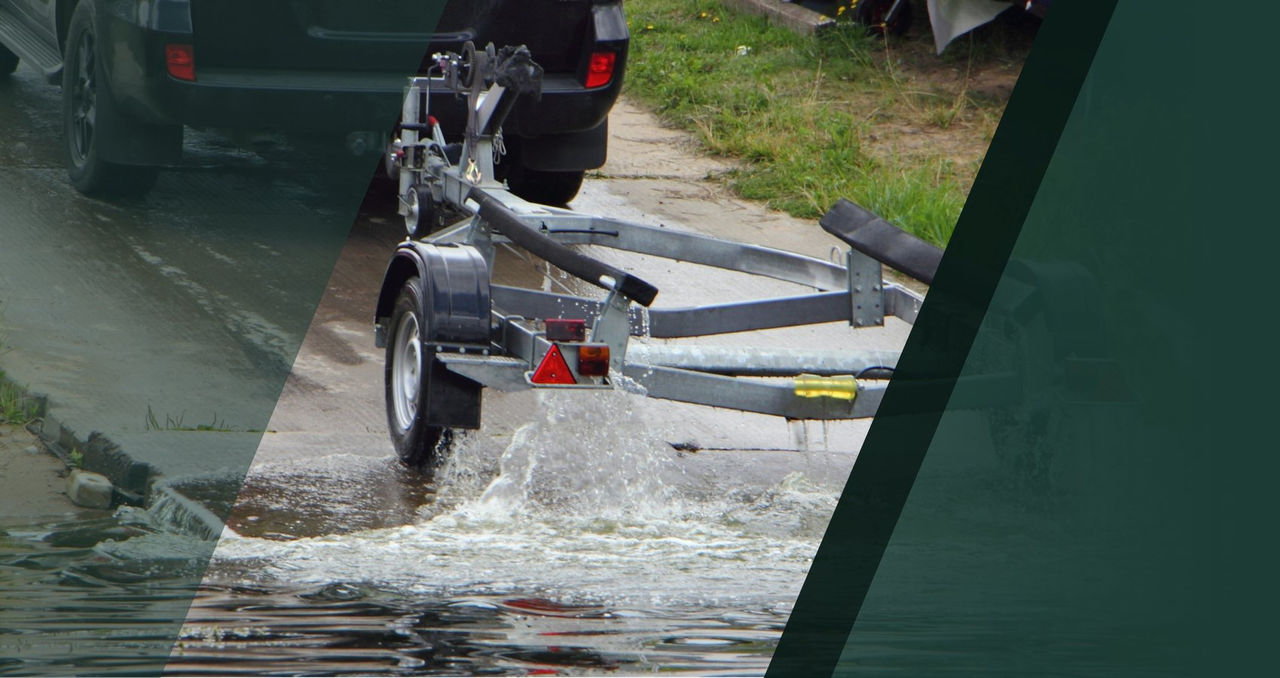As utilitarian as a boat trailer might seem, making sure you choose the right trailer type can make the process of launching or loading your boat much easier. The main consideration is whether your trailer should have bunks or rollers.
Each trailer type has its advantages and can enhance the boating experience depending on where and how you like to enjoy the water.
Bunk and Roller Basics
Bunk trailers are fitted with a series of parallel wooden boards, or bunks, lined with carpet. The bunks are evenly spaced to support the boat’s hull. Friction between the bunks and the hull helps keep the boat in place when backing down or pulling up the ramp.
In place of bunks, roller trailers have a series of small rollers, or wheels, that support the boat when it’s on the trailer. The rollers allow the boat to easily glide on or off the trailer.
Bunk Trailer Pros and Cons
Bunk trailers are comparatively simpler and, therefore, generally less expensive than roller trailers. To launch, they do require deep water at the ramp and a ramp surface that’s mostly level from side to side. Thankfully, that’s exactly what you find at most developed boat landings.
If you’re using “good” ramps most of the time, go with bunks and enjoy some savings. Likewise, a very lightweight boat – such as a johnboat or small aluminum fishing boat – is usually easy enough to launch from a bunk trailer that you wouldn’t need to invest in a roller trailer, even for difficult ramps.
Roller Trailer Pros and Cons
The main advantage of a roller trailer is the ability to launch the boat at shallow or undeveloped boat ramps. In fact, they can pretty much launch a boat right off the bank. This is handy for anglers, hunters and anyone else who wants to explore those off-the-beaten-path waterways where boat traffic is minimal and wildlife opportunities are great.
Because of the design of the roller trailer, it’s critical to not unhook the winch line and safety chain until the boat is in the water. Otherwise, the boat could roll off and become damaged. Once the boat and trailer have been backed into the water, it also helps to start the engine and put it in forward gear to relieve pressure from the winch line and safety chain. Then, once you unhook the boat, shift the engine back to neutral or reverse and it should easily slide off the trailer.
Learn More from the Lindner’s Angling Edge Team
James Lindner and Jeremy Smith of Lindner’s Angling Edge are highly familiar with the pros and cons of bunk trailers and roller trailers. They’re both avid Midwestern anglers, and despite targeting many of the same species in the same region with similar types of boats, their preferred fishing styles led them to choose different trailer types: a bunk trailer for Lindner and a roller trailer for Smith.
In the video below, Lindner and Smith offer solid advice to help you choose the best trailer for your needs. They also show both trailer types in use and include some handy tips for quick, stress-free launching and loading on public ramps.
Additional Factors to Consider when Choosing a Trailer
Boat manufacturers and dealers typically package boats and trailers together. They’ll make sure you’re getting the right size trailer for your towing needs.
However, with some boats, you’ll have the choice between a single- or dual-axle trailer. Single-axle trailers cost less, but they can be a bit trickier to maneuver in reverse. Also, if you were to have a tire blow out while towing, a dual-axle trailer can still support the boat and help prevent damage, while allowing you to limp into a parking lot or other convenient place to change out the flat.
Having dual axles is nice, but if you’re on the fence, base your decision on your budget and how far and how often you’ll tow. If you’re traveling long distances, such as to compete in fishing tournaments, go with the dual axle for extra peace of mind. If you stay close to home, you can invest in a dual-axle trailer if you want, but otherwise a single-axle trailer will likely suit you just fine.
And if you plan to do a lot of boating in saltwater, make sure your dealer is aware. You’ll want a trailer made of aluminum or galvanized steel, rather than painted steel, to help minimize the risks of corrosion. Some companies also offer trailers with heavy-duty corrosion- and scratch-resistant coatings, which protect the metal surfaces and keep everything looking new longer.
You can certainly find plenty of other trailer upgrades, including easy-maintenance hubs, stylish fenders, glitzy wheels and even multi-colored running lights. While cosmetics are important, you should first and foremost base your choices on what gives you the best and easiest experience, both on the road and at the ramp. After all, that’s how all your boating experiences begin and end.
